
English | 中文

Empower women in supply chains
source:goldencsr date:2018-12-27 15:35:49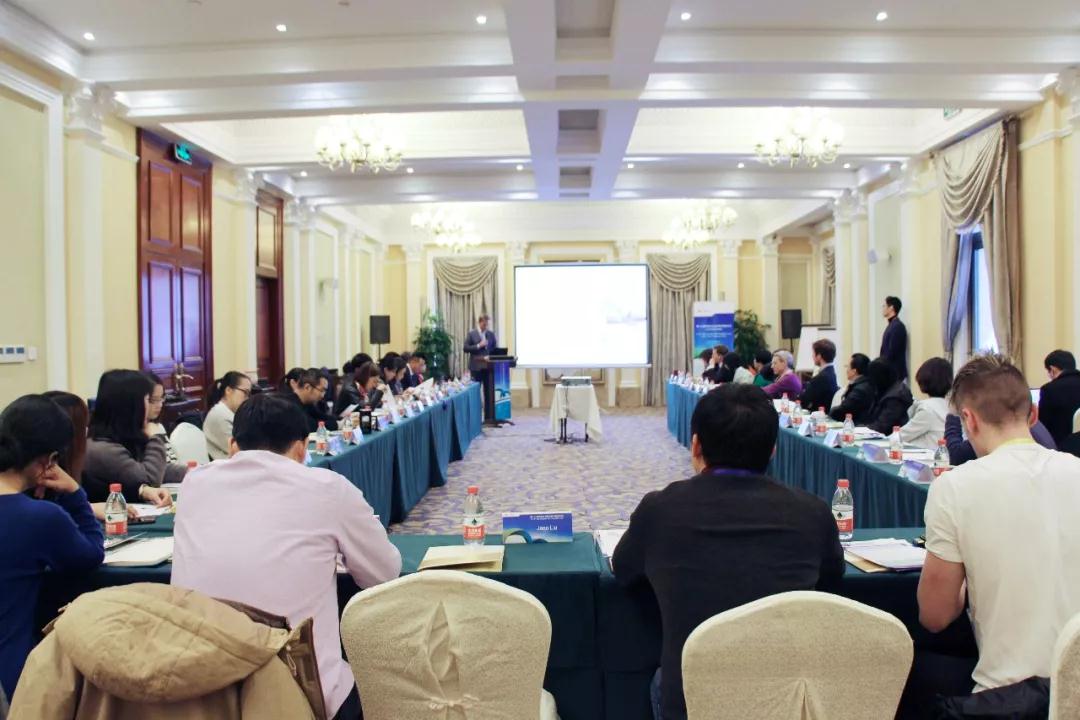
The 19th Sino-European CSR Roundtable Forum, co-hosted by China WTO Tribune and amfori (amfori formerly known as Foreign Trade Association) and supported by China National Textile and Apparel Council (CNTAC) and The European Union Chamber of Commerce in China (EUCCC), was held on December 7 in Shanghai.
Focusing on the topic of empowering women in global supply chains, the forum invited distinguished guests from governments, associations, international organizations, well-known companies and sustainability experts to share their perspective to develop effective approaches to women’s empowerment, guide business to embed a gender lens in corporate operation and pursue sustainable supply chain development.
Mr. Yu Zhihong, President and Editor-in-chief, China WTO Tribune, moderated this forum. Ms. Yao Jia, Investigator of Quality Division, Department of Science and Technology, Ministry of Industry and Information Technology of China (MIIT) and Mr.Christian Ewert, President, amfori made welcoming addresses.
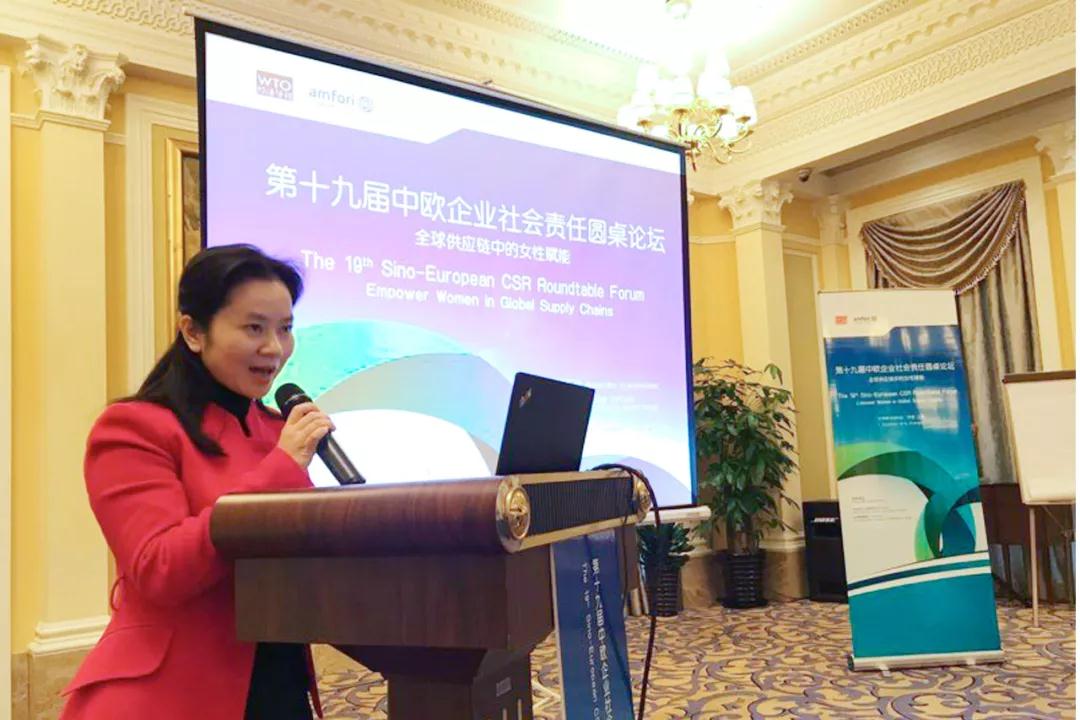
Ms. Yao introduced MIIT’s main work on social responsibility and emphasized the role of supply chains in the sustainable development for enterprises. She said for Chinese enterprises, the supply chain is a complex system and also one of the core links of corporate development. Addressing the key issues in supply chains to prevent and tackle supply chain risks and challenges, and create a quality, efficient and dynamic supply chain and industry chain can actively promote the transformation and upgrading of enterprises.
Ms. Yao suggested that managing gender issues well in the supply chain system is also one of approaches to leveraging innovation, stimulating diversity and achieving sustainable development for enterprises. In all walks of life, there are many excellent enterprises that protect women's rights in supply chains, eliminate barriers to women's development and empower women by a series of practices, making innovation an impetus behind women's development. MIIT hope to actively guide enterprises to pay attention to gender equality, eliminate the gender gap, and empower women to use their wisdom and innovation and shine in all walks of life.
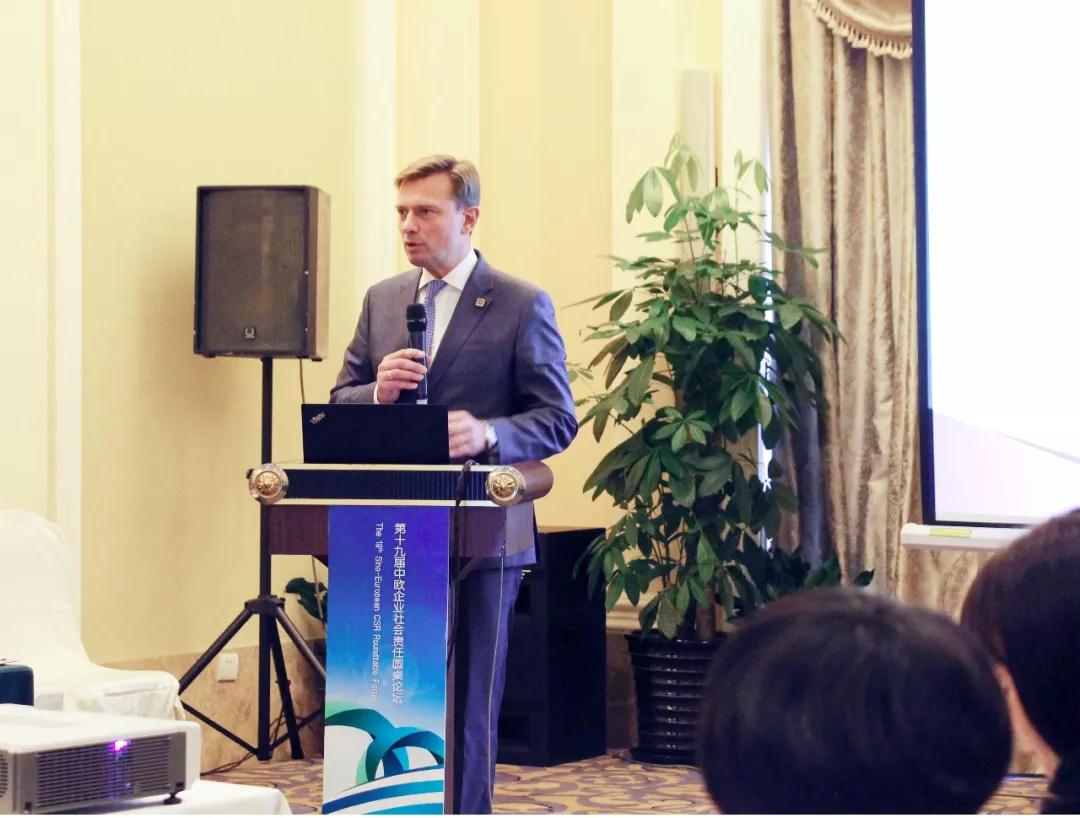
Mr Ewert shared amfori’s belief, a world where all trade delivers social, environmental and economic benefits for everyone ― “Trade with Purpose”. He said that amfori recognises the role that empowering women plays when it comes to developing more sustainable supply chains, and so do our members. They share our commitment to advancing the career prospects of women by providing the necessary training and tools throughout their supply chains.
He also talked about a three-country Women’s Empowerment project in 2017 launch by amfori and the UN’s International Organisation for Migration. In India, amfori signed an agreement with the Confederation of Indian Industry (CII) to initiate a one-year project to reduce workplace violence. In Bangladesh, amfori is partnering with CSR Centre and DBL Group to train management and female factory workers, empowering them to advance their careers beyond the factory floor. In China, amfori partnered with IOM to conduct a study for helping understand the situation and needs of female migrant workers in China and help establish more tangible actions to be taken.
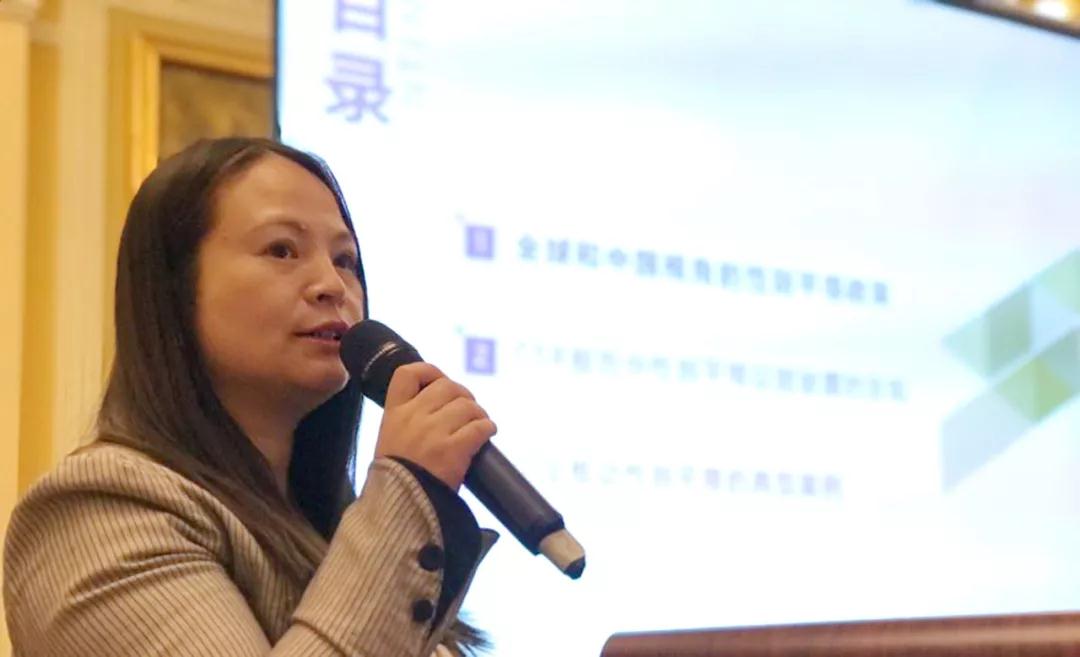
Ms.Lin Bo, Deputy General Manager, GoldenBee CSR Consulting, interpreted the importance of gender equality in CSR from three levels, namely, the global and Chinese policies on gender equality, the founding of information disclosure of gender equality issues in CSR reports, and typical corporate cases on promoting gender equality, especially cases from information and communication technology industry.
Taking the information disclosure of gender equality in CSR reports as an entry point, Ms. Lin suggested enterprises to map the reports from leading enterprises in the industry and expand the scope of disclosure. They should pay attention to sensitive topics such as prevention of sexual harassment and deepen the disclosure of specific issues; strengthening the disclosure of public welfare related to gender equality to enhance corporate transparency and focusing on issues such as promoting gender equality in the supply chain for better communication with stakeholders is also significant, which will jointly enhance the disclosure level of corporate gender equality issues.
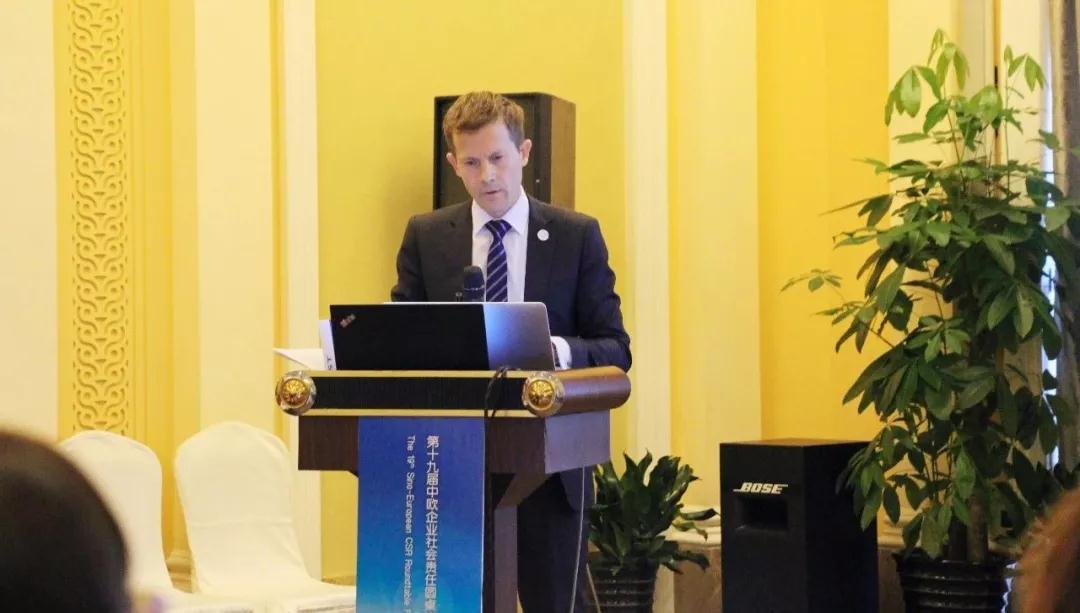
Mr. Richard FAIRBROTHER, Project Officer, IOM Office in China, International Organization for Migration, introduced the Women Empowerment Study in China. Starting from the overview of migrant workers in China and total and trend 2013-2017, he shared women migrant workers demographics in details, including geographical distribution, wage gap, average migration duration, industries and age differences, and put forward suggestions for women’s equality and empowerment from the aspects of pay, gender distribution, maternity leave and accommodation.
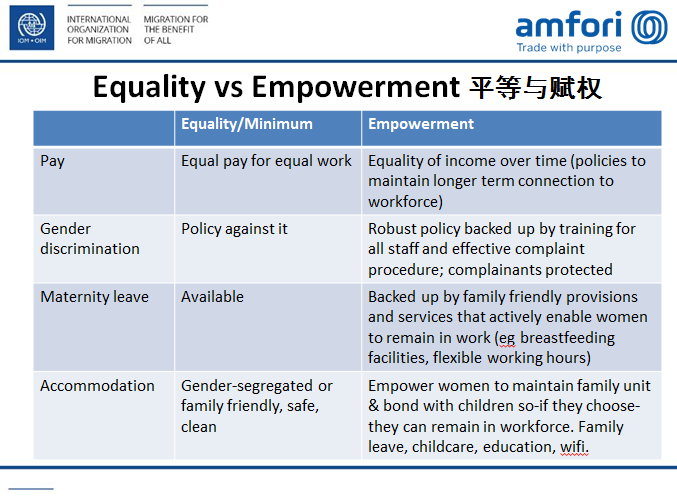
Mr. FAIRBROTHER said that women are one of the eight vulnerable groups. Companies should prohibit the recruitment fees to jobseekers, respect freedom of movement, provide transparency of terms and conditions of employment, respect confidentiality and data protection and provide access to remedy, so as to safeguard the women enjoy equality and empowerment in workplace.
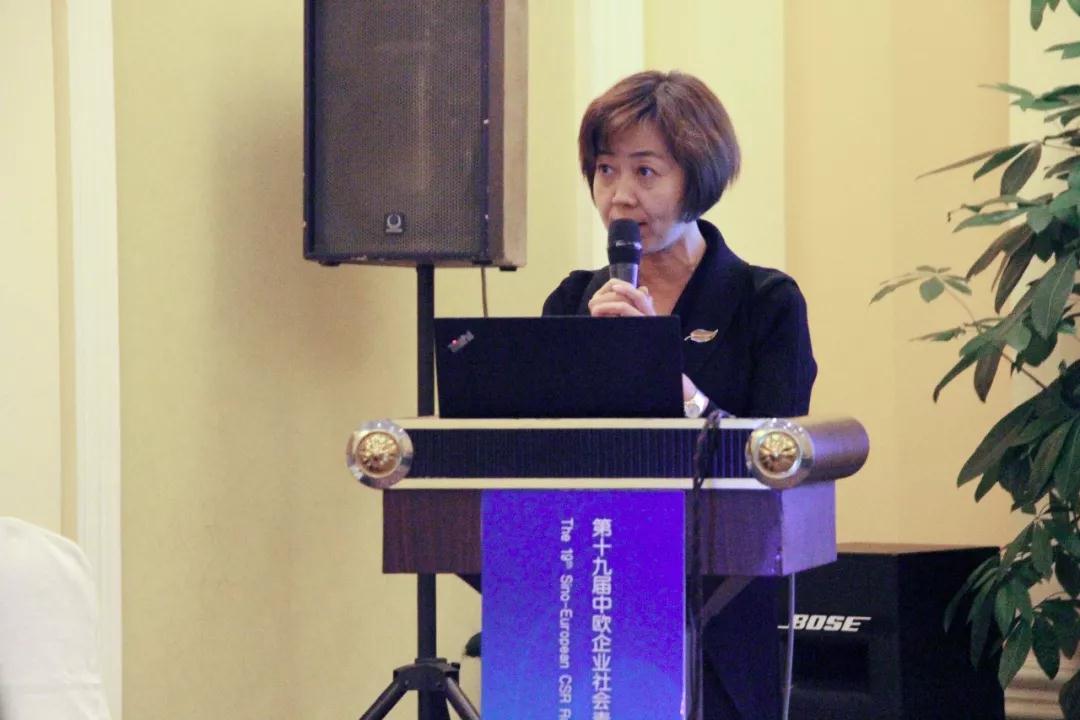
Ms. Yan Yan, Vice President of China Textile Information Centre, Director of Office for Social Responsibility of China National Textile And Apparel Council (CNTAC) shared the key work and progress on gender equality in textile and apparel industry. She said that promoting women's equal employment can optimize labor resources distribution, mobilize and give full play to the women's enthusiasm in labor stock so as to improve the industrial efficiency, and further better plan the strong industrial productivity. The improvement of women's employment can optimize labor stock, and also, help attract new generations of labor for the expanded industry in the future.
Ms. Yan also introduced CNTAC’s pilot project of promoting social responsibility and gender equality in textile and apparel industry in Fujian and Hubei Province. For a year and a half, the project issued a guidebook, developed assessment tools and training courses, and provided on-site and remote guidance, including organizational observation, assessment, training, coaching, peer education, etc., to establish gender-inclusive corporate management mechanisms, women workers’ committee, provide capacity building, and enhance women’s capacity. In the end, it achieved good results in system improvement, communication promotion, and skill improvement.
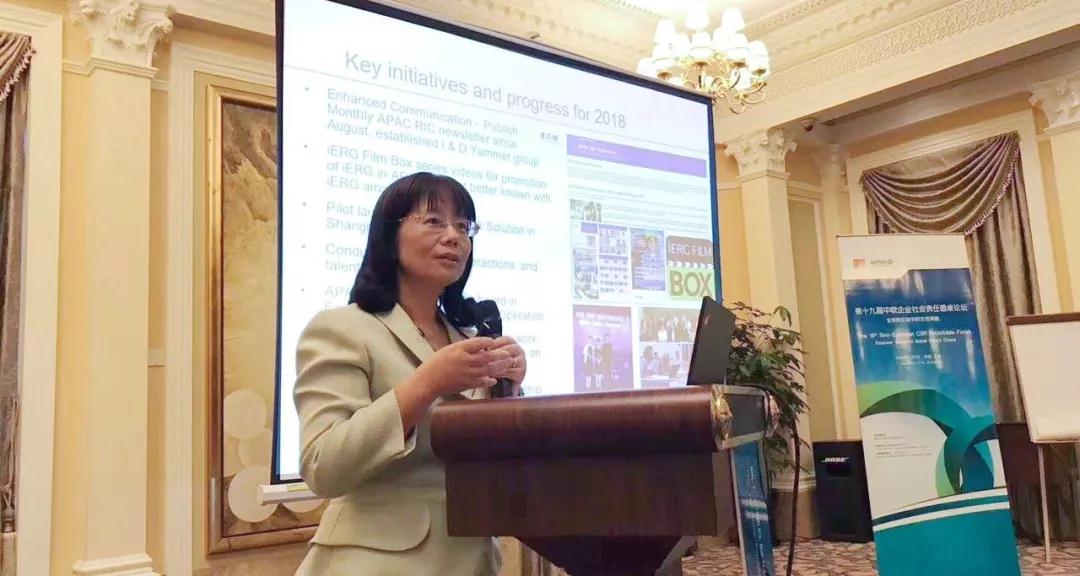
From the perspective of being a model of inclusion and diversity in the industry, Ms. Lu Xiaorong, Vice President, Program Management Office, Electrical Sector, Asia Pacific at Eaton, introduced Eaton's a complete set of corporate practices in inclusion and diversity from corporate vision, aspiration, promise, organizational model, corresponding actions to impact.
Dr. Lu shared WAVE (Women Adding Value at Eaton), one of the Inclusive Employee Resource Community (iERG), which is launched at the employee level to attract, nurture, and promote female employees, and to provide a better environment for female employees. She also highlighted the key initiatives and progress and top 3 priorities of Asia-Pacific Regional Inclusion Council in 2018, that is to enhance external diversity talent pool, improve female/millennials development & retention and develop country-based I&D approach for Rest-of-Asia.
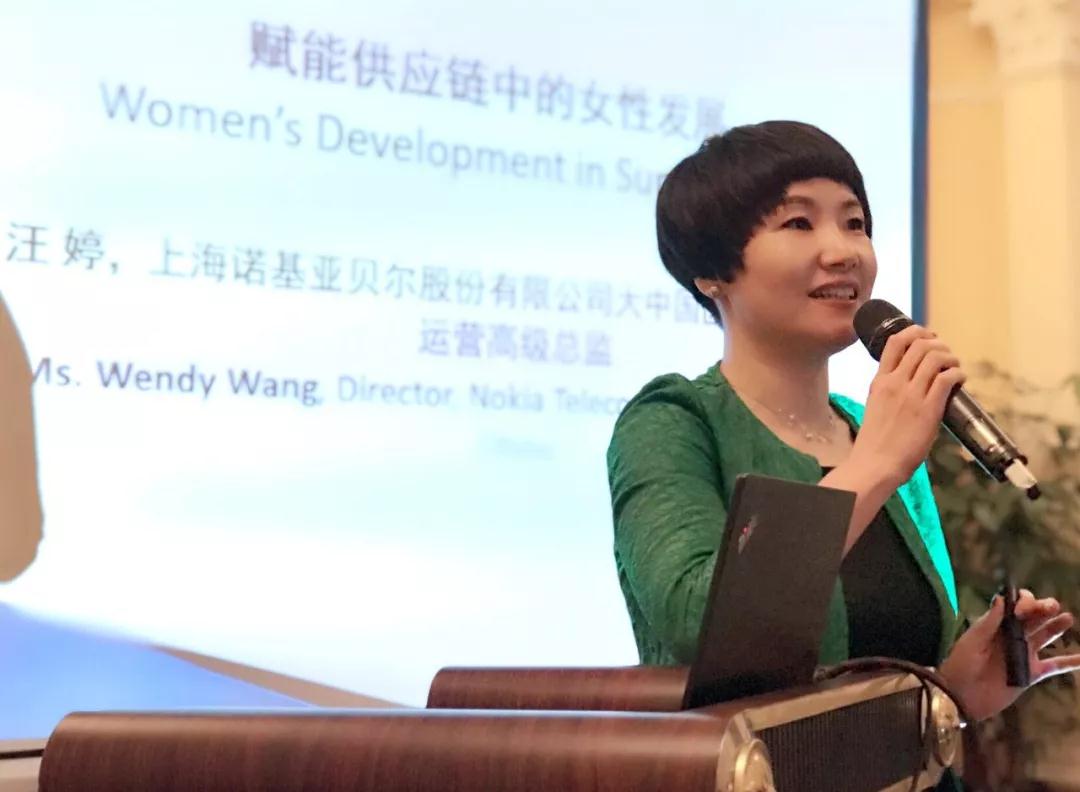
Ms. Wendy Wang, Director, Nokia Telecommunication Greater China, by citing some statistics from the high-tech field with vivid examples, showed the rising innovation revenue brought by the bigger proportion of female management, female entrepreneurs and female employees in enterprises, and shared Nokia's key projects in gender equality and diversity, the sharing platform StrongHer and G4G project which aims to foster female students' interest in the high-tech industry and achieve the connection of industry and education.
In her speech, Ms. Wang also highlighted the advantages of women in supply chains and procurement. She said that for procurement, women do have agility and empathy. Insecurity in shopping will make women be picky buyers and choose the most cost-effective thing. In supply chains, women with hostess mindset can manage the supply chains like taking care of the family and life by reducing costs and improving resource utilization in careful calculation. Women in supply chains are particularly good at resource allocation, combining planning and flexibility to coordinate self-production and outsourcing. In this field, many departments are women's armies, which also fully show women's important position in supply chains and procurement.
During the panel discussion, participating guests in two groups concurrently discussed the topics of barriers to women's career development, measures to balance work and life, and the influence of the proposal of tax on families who don't have a second child on women's rights and interests, and contributed suggestions from their own perspectives accordingly. The highlights are as follows:
For different industries, the challenges are different in terms of barriers to women's career development. Age, work environment (such as factory), education level, and childbearing, etc. have an impact on the problems faced by women in workplace. The government has the responsibility to provide more job opportunities and public education platforms for them.
In work-life balance, it is difficult for women to have solutions. Learning from others and innovation is necessary. For women themselves, the positive attitude to the imbalance between work and life is vital. Any forward-looking plan and better management of life rhythm, work rhythm, and emotional management will reduce the obstacles; differences in nationality, geography, and cultural background have a greater impact on women’s positions. In Western countries, men are more respectful for women and are willing to share more responsibilities in their family with women. In China, this phenomenon is rare, so education and awareness in this area need to be improved, and policies must be strengthened.
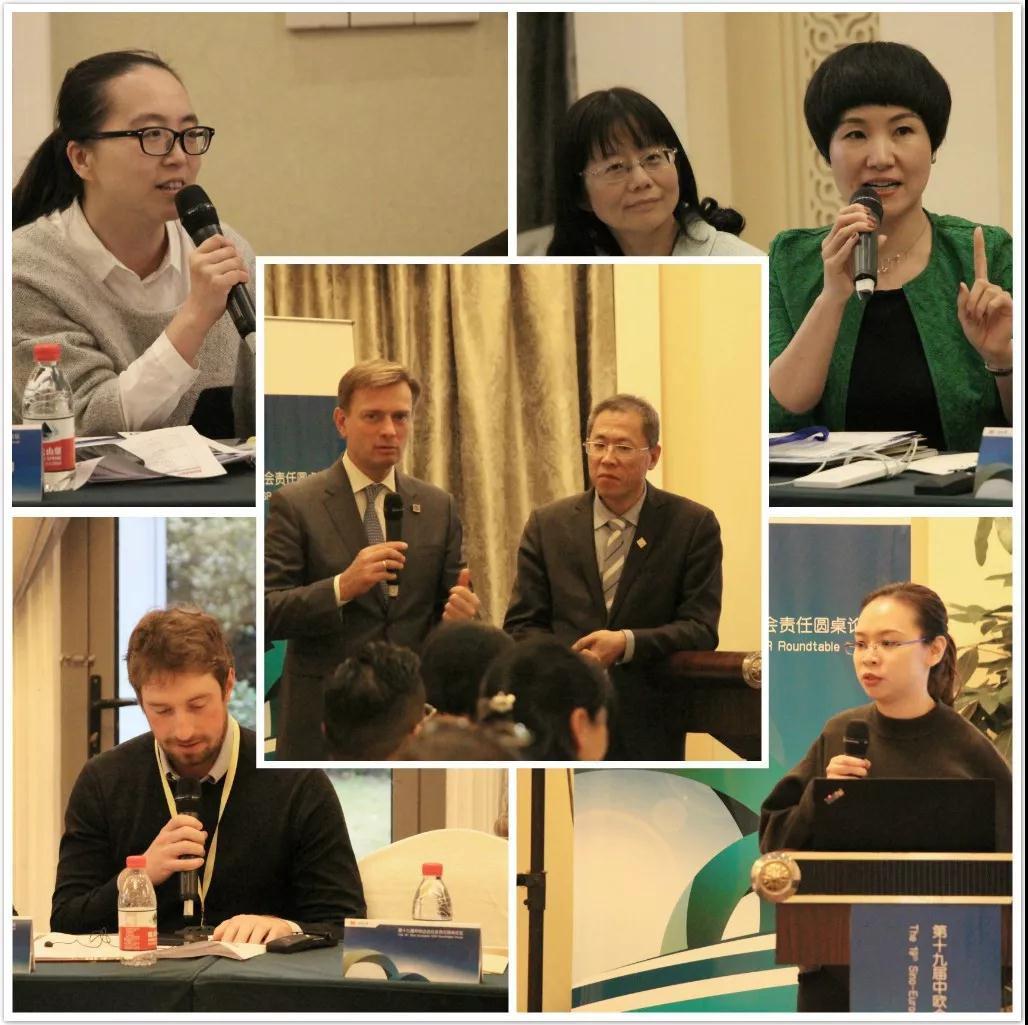
For enterprises, most enterprises lack support for the childbearing of female employees in system management, environmental space, and welfare, such as flexible working time and nursing rooms. Enterprises can provide some advocacy and suggestions on career development planning for young women, tell successful stories to drive women's development, and share experiences in life and work to help reduce the confusion of more women. In office space, business and public space, creating an environment and public space that integrates work, life, and leisure to facilitate the balance of work and life for women is also one of the solutions.
As for the tax on families who don't have a second child, the participants agreed that it is not a rational policy, but some fathers feel good. The current demographic dividend is not as good as before, and population growth is slowing, which is not a good trend for the economy. More policies should support population growth instead of tax. It needs to raise the public’s awareness, educate the public, including men and fathers, to give more support to women, and takes other measures to encourage women to have a second child.
In the end, Mr. Yu concluded the forum:
First, gender equality is not a new topic but needs to be further recognized. A basic understanding of the state of gender equality, or in a broader context, in supply chains is what companies need to do. The issue of gender differences in supply chains, especially in migrant workers in China, is also worthy of attention. Correctly considering the status quo of gender equality issues and putting them into action will contribute to a sustainable enterprise.
Second, good practices in gender equality, inclusion and diversity provide lessons and models for different fields. The sharing can enable more companies to understand and take this issue seriously, which also benefit enterprises from inclusion and diversity.
Third, some good suggestions, including proposals on policy support, women's own development, and recommendations for enterprises are very valuable and worth sharing.
Fourth, gender equality, inclusion and diversity are global issues. Sometimes, it is not only cultural but also commercial. If enterprises do not recognize the value of gender equality, they will not be able to benefit from the process, nor will they be able to gain the momentum of development from women. If you don't advocate diversity but only believe in single voice, single element, and you may not be able to get the motivation needed for business development from diversity and richer elements.